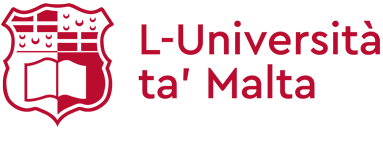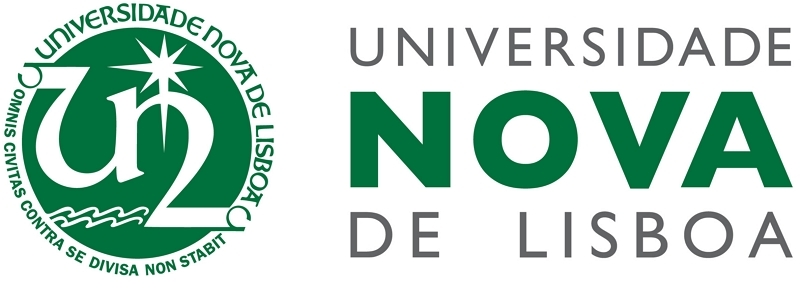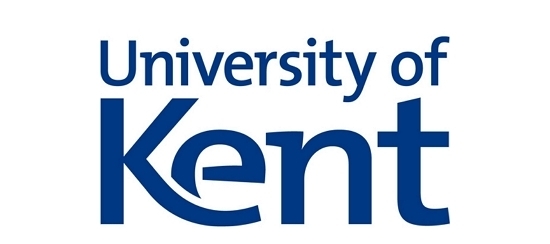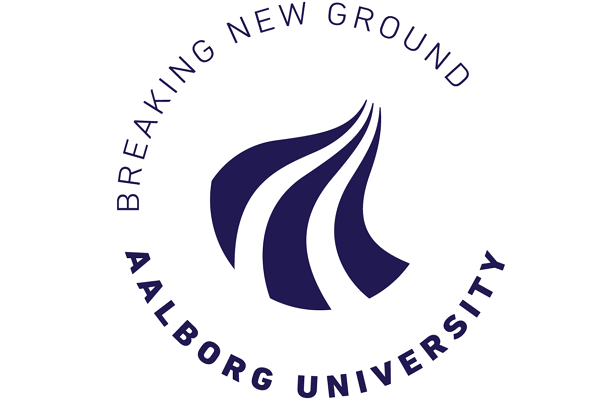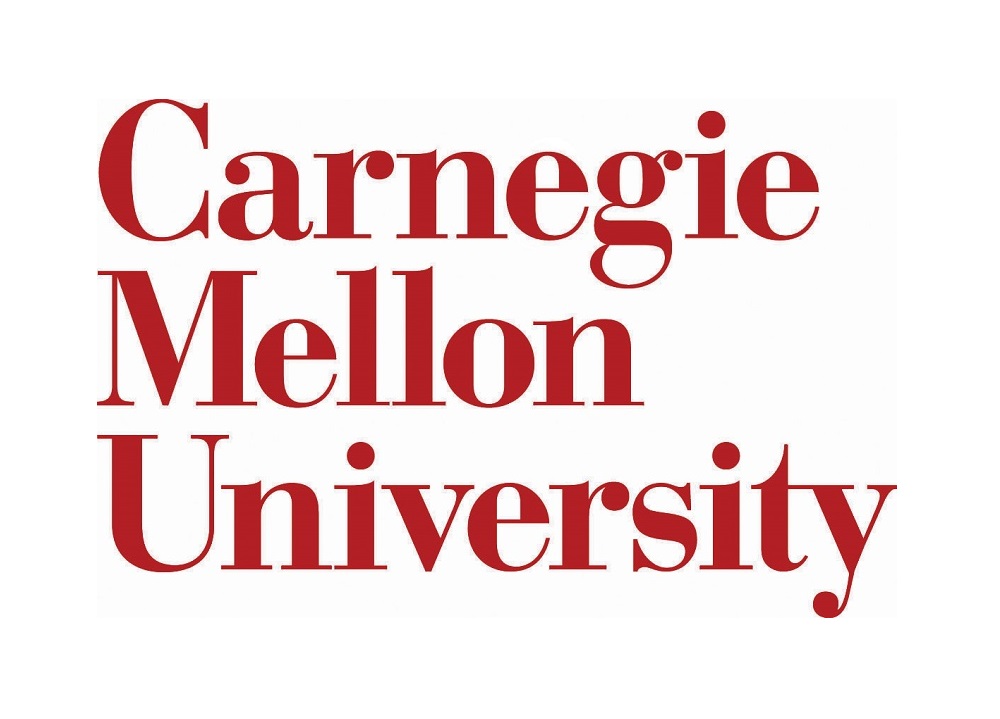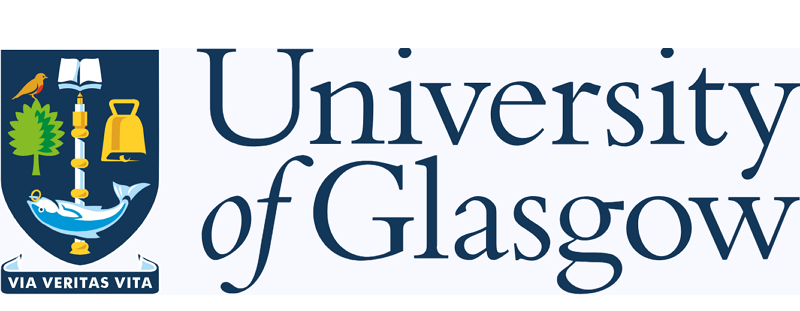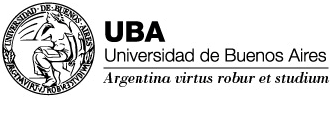University of Malta brings its expertise in the fields of runtime verification and monitoring, concurrency, and type systems. The department has extensive experience in building software tools with a strong
BehAPI contributes towards enabling the inter-sectoral knowledge transfer. In fact, BehAPI establishes a solid communication among partners to turn research results into effective instruments so to increase the competitive advantage of software industry, to enhance the career prospects of individuals, and to challenge researchers a wide range of concrete software engineering problems. Moreover, the project enables long lasting collaborations among the partners. In fact, the non-academic partners of the consortium constitute a spectrum of diverse natures, sizes, and missions.
Furthermore, BehAPI establishes well-structured relationships in order to attain virtuous feedback-loops between researchers, practitioners, and beneficiaries. These feedback-loops have been established at the beginning of the project and are part of the research process itself. The project fosters cross-fertilisation, advance knowledge, and develop skills of all partners and individuals.
University of Leicester has world-leading researchers in logical, algebraic, and co-algebraic techniques for specification, synthesis, behavioural types, semantic web, graph transformation, software re-engineering and testing of software-intensive systems. Collaborations between
NOVA Laboratory for Computer Science and Informatics, a research unit of the NOVA School of Science and Technology, participates with the software systems group. The group aggregates expertise on programming languages,
University of Kent has a consolidated research group on practical and theoretical aspects of Programming languages and systems (PLAS) for a broad range of paradigms including concurrent, functional, logic, and
Aalborg University has world-leading researchers in the areas of structural operational semantics and type- and logic-based techniques for the analysis of software. Aalborg University has collaborated with other BEHAPI partners
Carnegie Melon University brings in the expertise of experts in the field of programming language theory of the principles of programming group (POP group). To the BEHAPI project, the Carnegie
University of Glasgow contributes expertise on programming language foundations, especially the design and implementation of type systems for concurrent and distributed programming, and the software tools mungo and stmungo which
University of Buenos Aires yields to the consortium the strong expertise of the software engineering group, which spans from model-based techniques for reasoning about system requirements and design, to scenario-based

